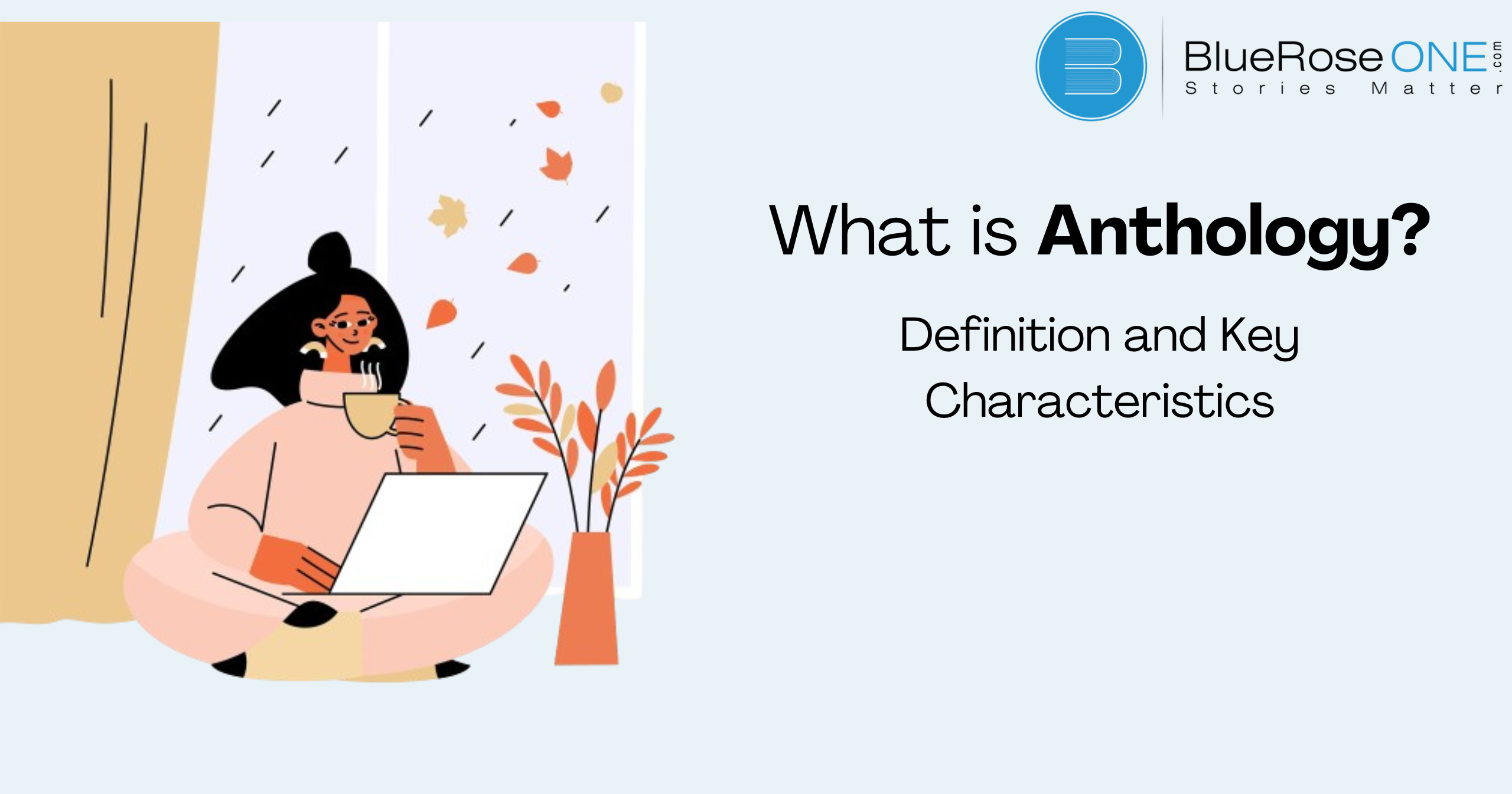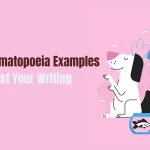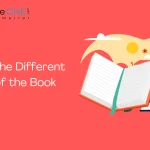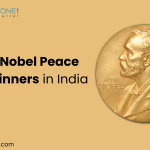Have you ever come upon a book that’s a veritable gold mine of various poems, stories, or essays collected into one convenient volume? That is an anthology’s magic! We will go into the realm of anthology in this essay, defining them, examining their different varieties, and comprehending their salient features. Together, let’s go on this literary adventure!
You may also like: 5 Act Structure: Definition, Examples and More
What is Anthology?
An anthology is fundamentally a collection of writings, typically from several authors, assembled into a single volume. These pieces might be from a variety of genres, themes, or styles, and they are frequently chosen to offer a thorough examination of a given topic or to highlight the variety of literary forms. Consider it a literary buffet where you can sample a bit of everything.
You may also read: How to Publish a Book? | Publish Your Book | BlueRoseOne
You may also read: Adjectives that starts with e | Words Popular in America
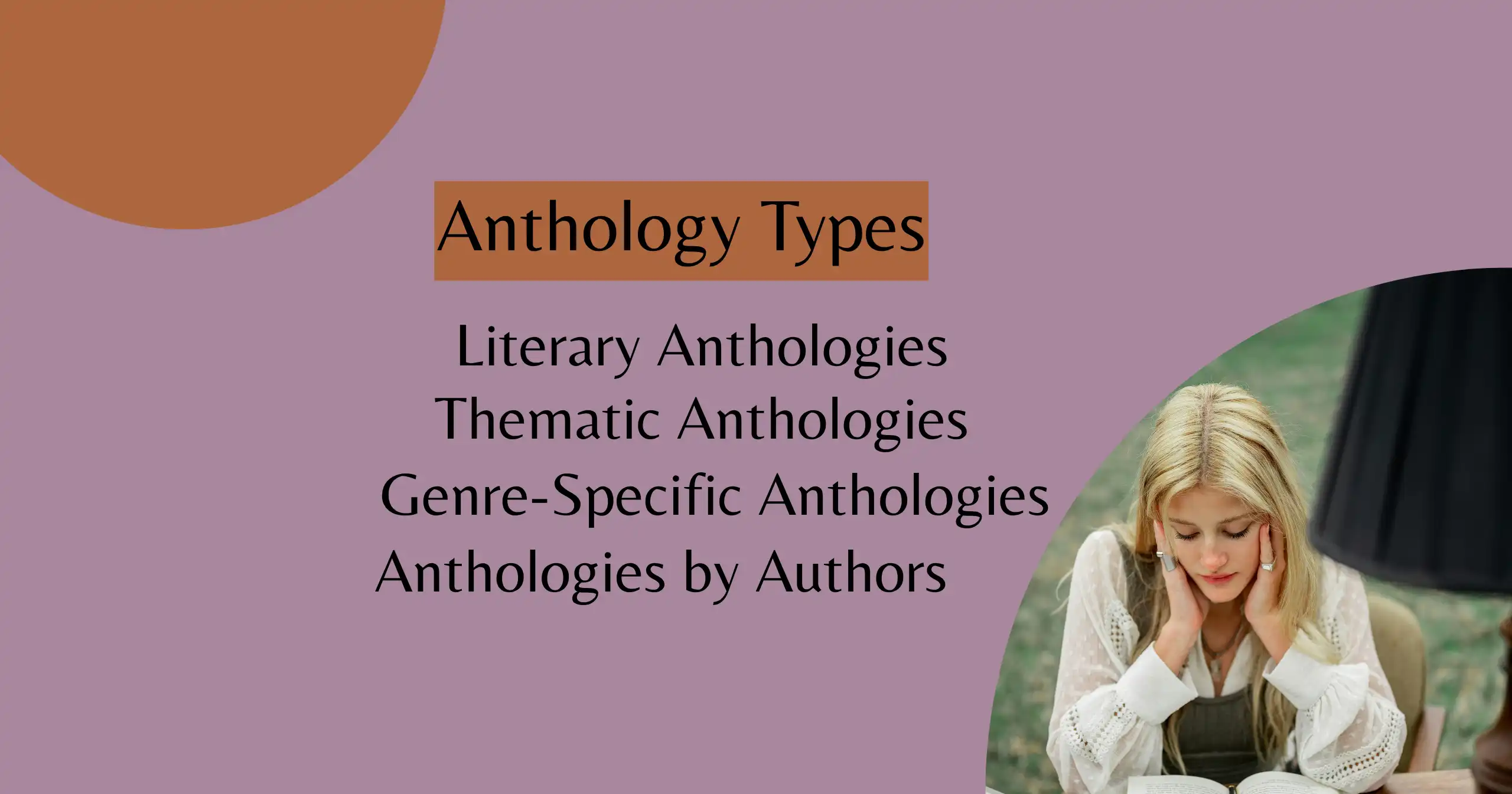
Types of Anthology
Types of Anthologies
Literary Anthologies
Literary anthologies are perhaps the most common type you’ll encounter. They typically feature a selection of short stories, poems, or essays by various authors. Here’s a closer look:
- Short Stories: Short tales are a common format for anthologies, as they present a range of storylines in a single book. Every narrative, which is frequently written by a different author, examines distinct themes and characters and provides readers with a wide variety of experiences.
Anthologies of short stories are prized for their capacity to offer readers quick, interesting reads that expose them to a variety of writing styles.
For readers who prefer to delve into a variety of stories without committing to a long book, these compilations are ideal.
- Poems: Poems by a variety of poets are gathered in anthologies, which are frequently themed or style-focused. These anthologies highlight the depth of language and emotion by providing readers with a wide range of poetry voices and viewpoints.
They may be modern pieces by up-and-coming poets or classic poems by well-known writers. Poetry anthologies offer a wide perspective on the art form by showcasing a variety of topics and styles. They are also an invaluable tool for examining many poetic expressions in a single book.
You may also read: Top 10 Best Vampire Books of All Time
Thematic Anthologies
Thematic anthologies focus on a specific subject or theme. These collections might include works that explore similar concepts or issues from different angles. For instance:
- Focus on Specific Themes:Anthologies frequently concentrate on particular subjects, offering a well-curated assortment of pieces centered around a given subject or notion.
Anthologies, for instance, may compile essays, poems, or short stories that address subjects like identity, love, or conflict. This thematic focus offers a tailored experience that highlights several viewpoints on a shared theme and aids readers in developing a deeper engagement with the subject matter.
Through focussing on particular themes, anthologies can provide a more cohesive and comprehensive reading experience.
- Examples and Use Cases: Anthologies are useful since they can contain a variety of works by different authors or revolve around a particular theme. A literary anthology, for example, might compile short pieces by up-and-coming authors to give readers a sample of a variety of voices.
Anthologies of poetry might also feature poems about nature or love, offering a deep dive into a particular theme. While themed anthologies, such as those on science fiction or mysteries, cater to genre lovers, educational anthologies frequently incorporate classic literature for classroom study.
These examples show how anthologies bring together a variety of topics, which makes them useful tools for both educators and readers.
You may also like: Thriller Vs. Horror: Key Differences and Similiarities in Genre
Genre-Specific Anthologies
Genre-specific anthologies cater to fans of particular literary genres. They offer a selection of works that exemplify the characteristics of the genre, such as:
- Science Fiction:Science fiction anthologies present a range of inventive and future tales in one cohesive volume. These anthologies gather together the views of space exploration, futuristic technologies, and future planets by many authors.
Anthologies of science fiction have stories that each address a different theme, such as alien encounters or the effects of technology on civilization.
Science fiction anthologies give readers a wide perspective on the possibilities of the genre by featuring a variety of viewpoints on speculative subjects.
- Horror: Horror anthologies are compilations of poetry or short tales with spooky or paranormal themes. These anthologies have a variety of writers who each submit a spine-tingling story, giving readers a wide range of terrifying experiences.
Horror anthologies offer a thorough examination of the genre by assembling a variety of voices and writing styles, giving readers access to a variety of terrifying tales in one volume. This anthology structure, which is genre-specific, demonstrates the originality and adaptability of horror storytelling.
You may also like: How to Write an Author Bio | BlueRoseOne.com
You may also like: 20 Satire Examples in Real-World Every Writer Should Know
Anthologies by Author
Sometimes, anthologies are centered around the works of a single author. These collections might include:
- Works by a Single Author: A collection of a single author’s best or most representative works is called an anthology. These anthologies provide readers with a carefully chosen collection of an author’s work, frequently centered around a particular theme or genre.
Anthologies, for instance, may compile a writer’s essays or short tales, offering a glimpse into their development as a writer over time.
This format makes it easy for readers to understand the author’s skill and accomplishments by allowing them to experience a wide range of their work in a single volume.
- Collections of an Author’s Works: A well-curated compilation of an author’s writings that highlights their breadth and development over time is called an anthology.
These anthologies frequently consist of poetry, essays, and short tales, giving readers a chance to explore several aspects of the writer’s imagination in a single book.
Anthologies are a great resource for readers of all stripes because they provide a thorough understanding of a writer’s aesthetic and subject matter interests while frequently showcasing some of their most important or varied works.
You may also read: Top 10 Historical Fiction Books to Read in 2024
You may also like: 100+ Adjectives Begin with I (With Definitions & Examples)
Key Traits of Anthology
Diverse Contributions
One of the defining features of anthologies is their diversity. Unlike a single-author book, anthologies bring together multiple voices and perspectives. This diversity can enhance readers’ understanding of different styles and viewpoints, making anthologies a rich source of varied literary experiences.
Curated Content
The content of an anthology is carefully curated by an editor or compiler. This curation involves selecting works that fit a particular theme, genre, or purpose. The goal is to provide a cohesive and engaging collection that resonates with the intended audience.
The content of an anthology is carefully curated by an editor or compiler. This curation involves selecting works that fit a particular theme, genre, or purpose. The goal is to provide a cohesive and engaging collection that resonates with the intended audience.
-
- Editorial Selection: Editors choose works based on their quality, relevance, and contribution to the anthology’s theme.
-
- Purpose and Audience: Each anthology is designed with a specific purpose and audience in mind, whether it’s to showcase emerging writers or to highlight a particular literary tradition.
You may also like: Book Review: Lord of the Flies by William Golding
Organizational Structure
Anthologies are often organized in a way that enhances the reader’s experience. This might include:
-
- Thematic Organization: Works are grouped by theme or subject matter, creating a narrative thread throughout the anthology.
-
- Chronological Order: Some anthologies arrange works chronologically to show the evolution of a particular genre or theme.
You may also like: Amazon Ads for Authors: A Step-by-Step Guide to Boosting Book Sales
Benefits of Anthology
Exposure to Various Authors
One of the greatest benefits of anthologies is the exposure they offer to a range of authors. Readers can discover new voices and gain insights into different writing styles, all within one book.
Broadening Literary Horizons
One major benefit of anthologies is that they broaden literary horizons. By featuring a collection of works from various authors, anthologies expose readers to diverse styles, perspectives, and genres within a single book.
This variety enriches the reading experience and helps readers discover new authors and themes they might not encounter in single-author works. Whether it’s exploring different poetic forms or delving into multiple short stories, an anthology offers a wide range of literary experiences.
Discovering New Voices
Anthologies provide a special chance to find fresh voices, which is one of its main advantages. Through the inclusion of a variety of writings by different authors, anthologies expose readers to new voices and viewpoints that they might not otherwise come across in publications written by a single author.
This diversity gives readers a better reading experience and gives lesser-known authors a chance to be read by a wider audience. Anthologies are a great source of new and creative content for readers.
Convenience for Readers
For readers, anthologies offer convenience. Instead of purchasing multiple books, you get a diverse collection of works in a single volume.
- Easy Access to Multiple Works:An anthology gives readers quick access to several pieces in a single volume, which is quite convenient. Readers can take pleasure in a varied assortment of stories, articles, or poems bound together rather than purchasing separate books.
This saves time and makes it possible for readers to investigate different subjects and styles without having to look for each piece separately.
Anthologies are a great resource for readers who enjoy diversity in their reading since they bring together a variety of voices and viewpoints.
- Curated Content for Specific Interests: Like with an anthology, curated content gives readers an easy method to delve deeper into particular interests. An anthology compiles chosen works on a specific theme or subject, facilitating readers’ discovery and enjoyment of information that suits their tastes.
Rather than having to comb through multiple sources, readers may get a range of relevant articles in one location. By providing relevant content that matches their interests, this efficient method saves time and improves the reading experience.
You may aslo read: List of 10 Best Libraire in Doncaster for Bookworms
You may also like: Where the Red Fern Grows Book Summary & Themes
Educational Value
Anthologies are valuable educational tools. They provide insights into different writing styles, historical periods, and cultural contexts.
- Insights into Different Writing Styles:The instructional value of an anthology can be substantially increased by examining various writing styles. Anthologies, which are compilations of writings by different authors, highlight a range of viewpoints and writing styles.
Readers and writers can learn about genres, authorial voices, and narrative structures by examining these diverse styles. This exposure facilitates a greater appreciation of literary artistry and aids in understanding the various ways that different genres contribute to storytelling. All things considered, anthologies are an excellent tool for studying and developing a variety of literary styles.
- Historical and Cultural Contexts: Because anthologies bring together pieces from many eras and places, they provide insightful perspectives into historical and cultural contexts.
Anthologies facilitate readers’ understanding of various eras, social movements, and cultural transformations by bringing together a variety of viewpoints.
They act as windows into bygone eras, revealing the ways in which people have thought, behaved, and expressed themselves. This intricate historical and cultural web not only imparts knowledge but also cultivates a heightened understanding of the development of concepts and forms of artistic expression.
You may also read: What is BookBub? An Essential Guide to the World of BookBub
Notable Examples of Anthology
Classic Examples
Several anthologies have left a lasting impact on literature. Some classic examples include:
-
- “The Norton Anthology of English Literature”: This comprehensive collection is a staple in literature courses, showcasing significant works from various periods of English literature.
-
- “The Penguin Anthology of Contemporary American Poetry”: This anthology highlights modern American poets, offering a snapshot of contemporary poetic trends.
You may also read: How to Publish a Book? | Publish Your Book | BlueRoseOne
Modern Examples
In the modern era, anthologies continue to evolve and thrive. Notable examples include:
-
- “The Best American Series”: This series features annual anthologies of the best fiction, essays, and poetry published in the previous year.
-
- “The New Yorker Fiction Collection”: A collection of short stories originally published in The New Yorker, showcasing some of the best contemporary fiction.
You may also like: Best Udemy Courses for Self-Published Authors
How to Compile an Anthology
Choosing a Theme or Focus
Compiling an anthology begins with choosing a theme or focus.
-
- Defining the Scope: Decide on the scope of the anthology, whether it’s a specific genre, theme, or authorial focus.
-
- Identifying Potential Contributors: Identify writers whose work fits the theme and reach out to them for contributions.
Gathering Submissions
The next step is gathering submissions from various authors.
-
- Open Calls for Submissions: Many anthologies invite submissions through open calls, allowing writers to submit their work for consideration.
-
- Inviting Established Authors: Editors may also invite established authors to contribute, ensuring a mix of new and experienced voices.
Editing and Proofreading
Once the submissions are gathered, the editing process begins.
-
- Ensuring Quality and Consistency: Editors must review and refine the content to ensure it meets the anthology’s standards.
-
- Addressing Authorial Differences: Consistency in tone and style is important, even when the anthology features diverse authors.
You may also like: How Can I Get a Book Published?
Conclusion
Because they compile a variety of writings into a single volume, anthologies provide a singular and stimulating reading experience.
They give readers a curated look into a variety of issues and genres, present a range of literary styles, and give a platform to multiple voices.
Knowing the fundamentals and features of anthologies can improve your reading experience, regardless of whether you’re a writer thinking about assembling your own anthology or a reader seeking to discover new authors.
Frequently Asked Questions
An anthology in literature is a curated collection of writings—such as poems, short stories, or essays—often from various authors. These pieces are usually compiled around a common theme, genre, or purpose, offering readers a diverse and cohesive literary experience.
While both may contain short stories, an anthology typically includes works from multiple authors, offering varied styles and perspectives. A short story collection often features stories written by a single author.
Common types of anthologies include:
-
Literary Anthologies: Collections of poems, essays, or short stories.
-
Thematic Anthologies: Focused on a specific topic or theme like love, war, or identity.
-
Genre-Specific Anthologies: Dedicated to a literary genre such as horror, science fiction, or fantasy.
-
Single-Author Anthologies: Compilations of works from one writer.

